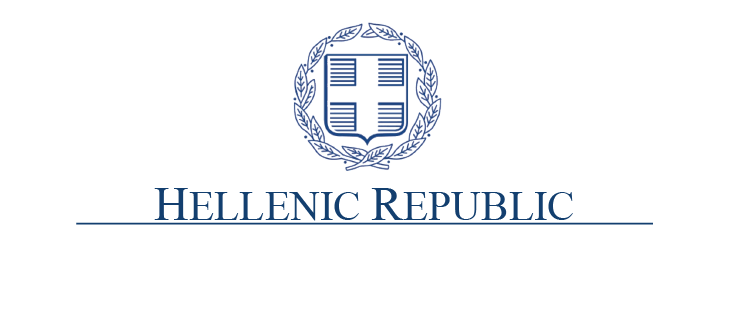Over 300 professionals from the public and private sector had the opportunity to attend the second of a series of six thematic seminars organised by the NTA. The objective of these webinars is to raise awareness and inform private sector stakeholders about the mobilisation of all social forces in the national effort to combat corruption. The second webinar was entitled “Integrity in the Private Sector - Anti-Bribery Compliance Programmes: From Adoption, to Implementation and Monitoring".
Executives of Greek companies that have adopted anti-corruption programmes, such as the ISO 37001, and representatives of professional organisations and associations had the opportunity to discuss and exchange views on the importance of adopting, implementing and monitoring anti-corruption measures and policies within a company.
In a short speech, the NTA's Governor, Mr. Angelos Binis, highlighted the usefulness of the experiences’ exchange between professionals from public institutions and private companies for the elaboration of the National Anti-Corruption Action Plan (NACAP 2022-2025), the development of targeted sectoral strategies to strengthen integrity and, above all, to raise awareness among all stakeholders of the benefits of creating a social majority with no tolerance to corruption.
Participants in the debate included:
Mr. Aristodimos Dimitriadis, Executive Director of Regulatory Compliance, Corporate Risk Management & Insurance at OTE Group, presented the reasons why Compliance recognises corruption, bribery and human rights violations as an emerging risk, given the adoption of internal policies, national and international regulations on these issues. Failure to adopt and implement appropriate and robust procedures to prevent incidents of corruption, bribery and human rights abuses may result in damage to the reputation of companies, which may subsequently affect their financial position and the loyalty and trust of their employees.
Mr. Antonios Evaggelidis, Director of Compliance at VIANEX, who noted that "Corruption is a criminal offence committed by a person, company or entity entrusted with a position of authority, with the aim of obtaining illegal benefits for personal gain. Bribery and corruption in the pharmaceutical sector is an international issue. Much has been done in recent years to combat bribery and corruption in the pharmaceutical sector under the US Foreign Corrupt Practices Act (FCPA) and the UK Bribery Act (UKBA). Mr. Evaggelidis went on to say that "forms of bribery include money or any form of financial support, luxury hospitality at conferences, payment of travel expenses for companions, gifts or hospitality/entertainment, favours (e.g. hiring a relative), unreasonable fees for speeches, articles, market research, consultancy and other services (without consideration), soft skills training, fast-track payments, etc. In pharmaceutical companies, means to combat bribery include the formulation of a strong transparency and compliance programme, including anti-bribery procedures and policies, whistleblower reporting lines and channels (WBL), third party/supplier contracts, employee training on anti-corruption, and disclosure of fees to healthcare professionals and healthcare bodies".
Ms. Antigoni Dimopoulou, Head of Compliance & Ethics South East Europe of Philip Morris International (PMI) and Mr. Spyros Themelis, Legal Counsel of PAPASTRATOS, PMI's subsidiary in Greece, briefly presented company’s anti-corruption programme. In particular, they described the institutional framework within which PMI, a company listed on the New York Stock Exchange, operates, referred to the company's Code of Conduct, an important part of which is dedicated to the fight against corruption, and focused on the importance of the company's Compliance Programme in this regard. They then analysed the various aspects of the Anti-Corruption Programme and explained how it is structured to ensure that the interactions of the Company's executives and its third party partners with public bodies and officials are conducted with integrity, professionalism and accountability, while at the same time being flexible enough to meet modern circumstances and challenges, in particular the Company's need to be outward looking and to communicate effectively with the Greek State, legislators and other stakeholders.
Mr. Anastasios Naoum, Senior Auditor - Systems Certification Tutor, TÜV HELLAS (TÜV NORD), presented a summary of the requirements of the international standard ISO 37001: 2016 "Anti-Bribery Management System - Requirements and Implementation Guidelines" and in particular the reasons why an organisation, whether small or large, public or private sector, may wish to adopt it, as well as the main points of the standard, with a focus on the requirements for the Organisation and Operation of an Anti-Bribery Management System.
During the discussion, an online poll was conducted through the "mentimeter" web application, the results of which stimulated an interesting exchange of views among the speakers.
The discussion was moderated by Ms. Anastasia Sotiropoulou, Special Legal Advisor to the NTA's Governor.
 EL
EL  EN
EN 
